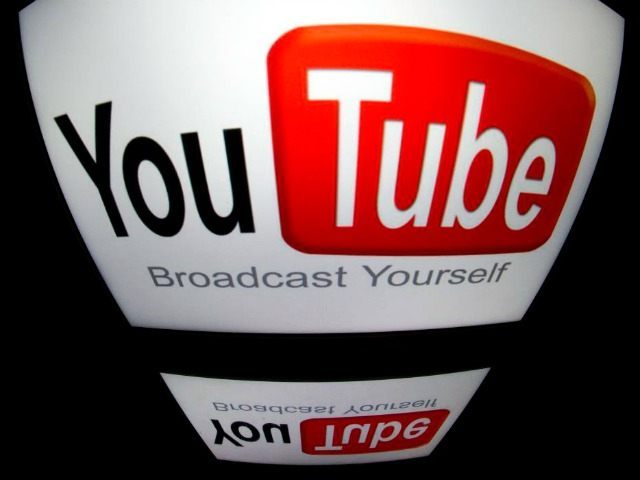Pakistan has unblocked popular social media site YouTube after three years, but only because the site provided the government with a version it can censor.
“On the recommendation of PTA, Government of Pakistan has allowed access to recently launched country version of YouTube for Internet users in Pakistan,” declared the Ministry of Information Technology and Telecom. “Google has provided an online web process through which requests for blocking access of the offending material can be made by PTA to Google directly and Google/YouTube will accordingly restrict access to the said offending material for users within Pakistan.”
YouTube claims that authorities cannot “filter content” as they see fit. Human rights activists demand to know the details of the deal.
But a spokeswoman for the company insists the government cannot “automatically” remove content.
“We have clear community guidelines, and when videos violate those rules, we remove them,” she explained. “In addition, where we have launched YouTube locally and we are notified that a video is illegal in that country, we may restrict access to it after a thorough review.”
The Pakistan Telecommunication Authority (PTA) blocked access to YouTube until the website removed all “blasphemous” material. It justified its moves because of the alleged rise of “non-Islamic objectionable video” on the site.
“It should not be up to the PTA to order this kind of blocking,” responded Reporters Without Borders, adding:
Such a decision should be taken by the courts, not by a body that is under the government’s control. Anyway, we regard this measure as disproportionate ans [sic] we find that the idea to respect a proportion of videos is opposed to the primary principle of sharing online videos website.
Pakistan began precautions in 2005 when Danish newspaper Jyllands-Posten published a cartoon of Muhammad. This led to the Supreme Court’s forcing the government to watch websites that publish the cartoons.
Muslims consider images of Muhammad blasphemous.
These instances led to deadly protests across the world over the years. In 2008, al-Qaeda attacked the Danish embassy in Pakistan. The blast killed six and injured 30 after terrorists attacked the building with a bomb left in a Toyota Corolla.
In 2010, the PTA banned Facebook from the country after the group Everybody Draw Mohammed Day – May 20 formed, which encouraged people to draw the Islamic figure. The group boasted over 200 images and 5,000 followers.
In 2012, OpenNet Initiative reported that Pakistan’s filtering “remains both inconsistent and intermittent, with filtering primarily targeted at content deemed to be a threat to national security and at religious content considered blasphemous.” While the blocking of social websites makes the news, the website found the country mainly filters sites associated with conflict and security.

COMMENTS
Please let us know if you're having issues with commenting.